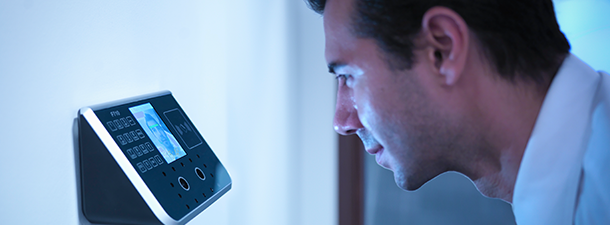Artificial intelligence (AI) and in particular facial recognition has been fundamental tools in the fight against COVID19. China, Israel and Russia, among many other countries, have massively deployed systems that allow tracking of infected people and ensure that the quarantine is complied with to stop the outbreak of the virus. Worldwide, biometric verification systems that facilitate temperature collection and hygienic access are increasingly common and familiar to people.
This has led the facial recognition market to project an optimistic increase from $ 3.5 trillion in 2020 to $ 5.0 trillion by the end of 2021, with CAGR growing to 24.5%. This market acceleration is leveraged by the growing interest of governments and private companies in investing in security and public welfare, something that facial identity verification systems offer.
Naturally, the pandemic changed global dynamics and brought with it a profound discussion about health and hygiene. Industries are adapting and user demand for convenient and hygienic solutions is driving digital transformation stronger than ever. Access through tickets, cards or any other physical means that are a potential health risk are in the spotlight of companies and a contactless access solution looks promising.

Privacy, the Achilles heel of this technology
Despite the great benefits, the accelerated growth of facial recognition it is raising important questions about the control that companies and governments have over the personal data of the population. The awareness of privacy and the handling of personal information transcend economic and political discussions and makes us question whether this technology violates the human rights of the population. Cases such as the 2019 protests in Hong Kong against biometric surveillance and phone tracking systems, are a clear example of how people react when they are exposed to the misuse and abuse of a technology that fourth their freedoms
It is precisely at this point that a distinction must be made between a technology, its capabilities, limitations and applications. The historical use of facial recognition as a means of surveillance and security, has made it upotential threat to privacy and has generated antibodies in the population. It must be recognized, the benefits of this technology are countless, security, agility, hygiene among many others, but none of these benefits should prevail over the human right to privacy.
So, should we ban facial recognition? The short answer is no, but we have to drastically change the model and create a system that benefits the user and gives them access to all the advantages of technology no need to give up their rights and freedoms.
Facial recognition at the service of people with Uvault
The startup Uvault, was born with the aim of protecting privacy and democratizing the use of facial recognition. Uvault it is a free application for users where they can create their biometric digital identity and use it privately in the establishments they wish to access their facilities. It is a transparent and voluntary use of technology, where the user owns their information and decides when and where to use it.
Likewise, Uvault is the way in which any company can access an advanced facial recognition system without the need for a robust technological infrastructure, which only large corporations can afford, and without the need to collect private information that carries important legal obligations. No more access cards, pins or keys, Uvault is the last access key people will ever need.
Our mission is to change the perception of facial recognition and make these systems work for the entire population. Technology is just a tool, it’s up to us to use it correctly.
To learn more about this technology and join the privacy movement, visit the Uvault website.
By Francisco Rivera, co-founder of Uvault.









